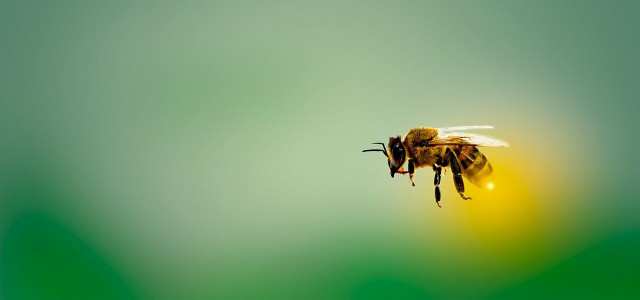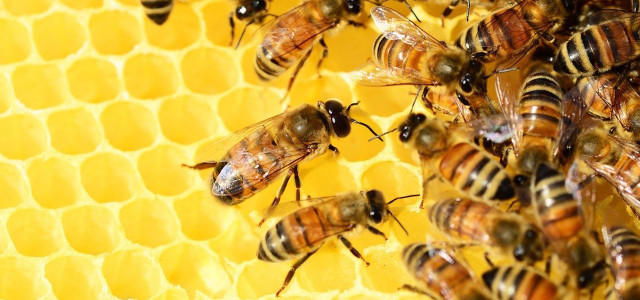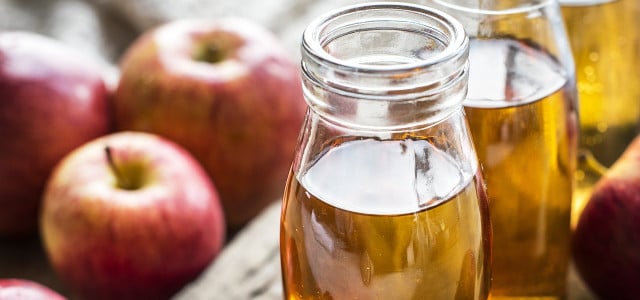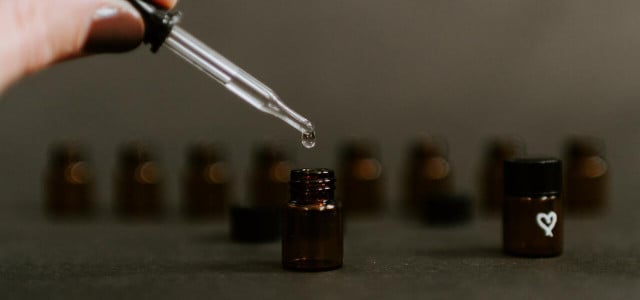Getting stung by a bee can leave you with nasty, hot, and itchy pain. Thankfully, there are natural home remedies for bee stings that you can help soothe the wound.
When you get stung by a honeybee, remove the stinger right away (you can use tweezers or your fingernail). This will reduce the amount of venom entering your body. Wash the sting with soap and water to remove as much venom as possible.
To ease discomfort, itching, and redness, take a look at these 7 natural home remedies.
If you are allergic to bees, skip the home remedies and contact an emergency medical professional immediately.
1. Ice
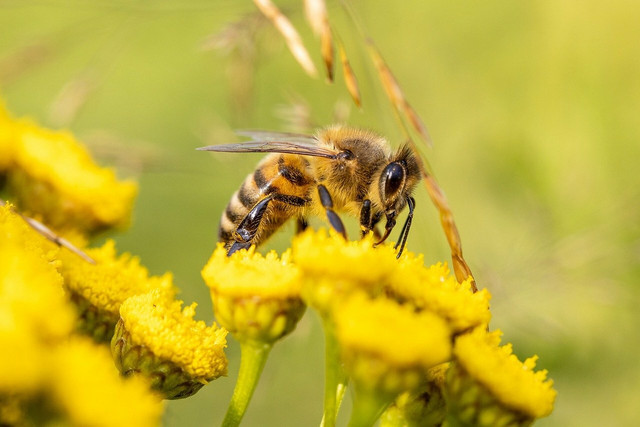
(Foto: CC0 / Pixabay / Photorama)
Use an ice pack or a bag of frozen vegetables in a dishcloth and apply to the sting. Hold the ice there for several minutes and repeat as needed.
Icing a bee sting is the most effective remedy to reducing swelling and venom absorption.
2. Honey
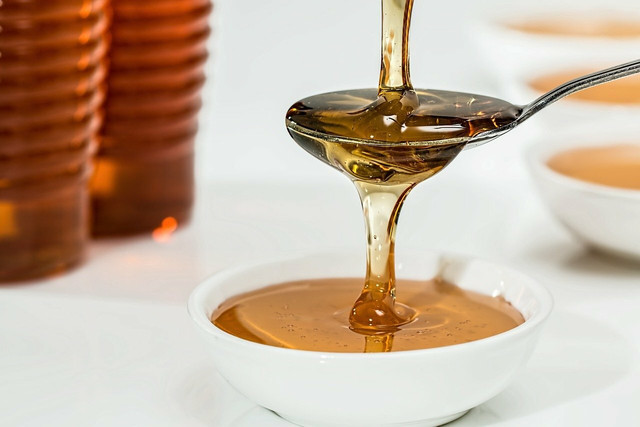


(Foto: CC0 / Pixabay / stevepb)
Apply a small amount of organic honey to the sting, and loosely cover with a bandage. Leave the bandage on for an hour. This will help reduce pain and itchiness, as well as ease the healing process.
3. Apple Cider Vinegar
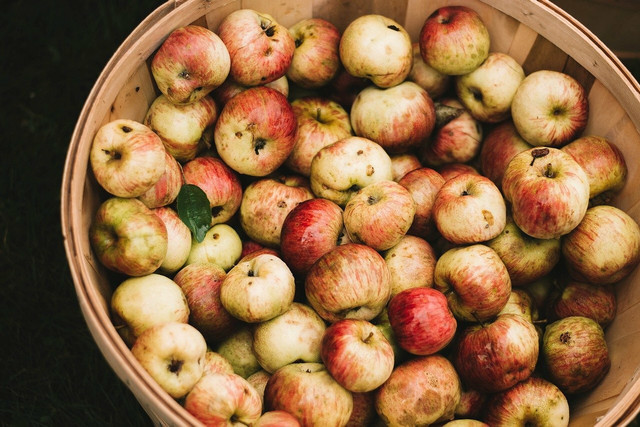


(Foto: CC0 / Pixabay / Veronicatxoxo)
Dilute some apple cider vinegar in a basin. Soak the sting directly in the basin, or soak a bandage in the solution and apply to the sting. Soak the sting/hold the bandage in place on the affected area for 15 to 20 minutes.
This will neutralize the venom.
4. Home Remedies for Bee Stings: Baking Soda
A baking soda paste can help to reduce pain, swelling, and itching by neutralizing the bee’s venom.
Mix together 1 tablespoon of baking soda with 1 tablespoon of water to make a paste. Apply the paste to the sting and cover with a bandage. Leave the bandage on the sting for 15 to 20 minutes. Reapply as needed.
Read on: Sunburn Home Remedies: 3 Natural Treatment Methods
5. Toothpaste
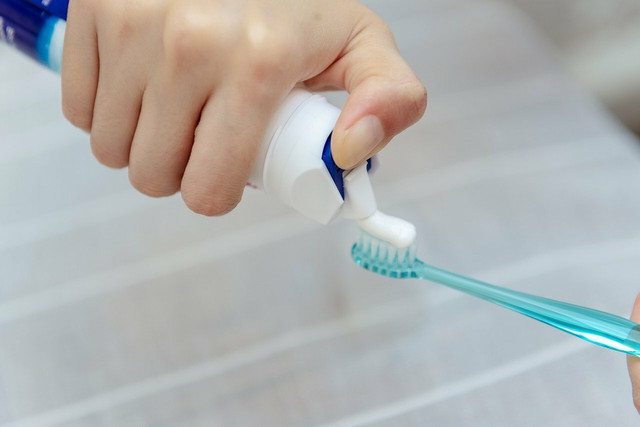


(Foto: CC0 / Pixabay / zhuwei06191973)
Many people report that using a little toothpaste on your bee sting works to neutralize the acidity from the bee’s venom. Dab a little toothpaste on the sting and leave it there for 15 to 20 minutes.
6. Bee Sting Home Remedy: Aloe Vera
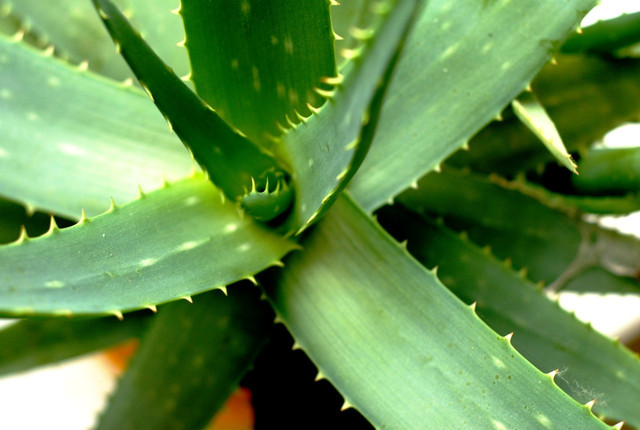


(Foto: CC0 / Pixabay / bstad)
Aloe vera is anti-inflammatory and has antibacterial properties, which helps to reduce swelling and prevent further infection.
To soothe your bee sting, apply a bit of aloe vera gel to the sting.
Read on: How to Make Homemade Aloe Vera Gel in 15 Minutes With 1 Ingredient
7. Essential Oils
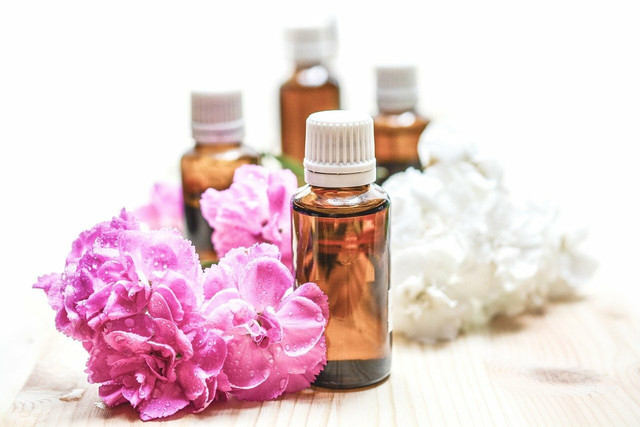


(Foto: CC0 / Pixabay / monicore)
Mix one drop of essential oil with 4 to 5 drops of neutral oil (such as olive or vegetable). Apply to the sting.
Essential oils typically used in home remedies include: tea tree oil, witch hazel, rosemary oil and lavender oil.
It is said that essential oils have antibacterial and antiseptic properties.
What Happens When a Bee Stings You?
When a bee stings you, it jabs its stinger, also known as a ‘barbed’ stinger, into your skin. This releases venom-containing proteins that attack the immune system and skin cells, causing heat, swelling, and pain in the affected area.
Those with an allergy to bees can react very severely to a bee sting and should seek emergency help as soon as possible.
When to See a Doctor?
Generally speaking, bee stings do not require medical attention.
However, if you experience more severe symptoms, you should call your local emergency services immediately. It is important not to try and drive yourself to emergency care. Severe symptoms include:
- difficulties breathing
- dizziness
- hives
- swelling of the tongue and/or throat
- nausea and vomiting
- a rapid pulse
Read more:
- 11 Flowers for Bees: Turn Your Garden or Balcony Into a Bee Paradise
- 10 Small Ways to Help Bees That Will Make a Difference
- Bees Need Water – Help Them Out With a DIY Bee Waterer
- Don’t Worry, Bee Happy: 10 Tricks to Keep Wasps Away
Important Information regarding Health-related Topics.
** Links to retailers marked with ** or underlined orange are partially partner links: If you buy here, you actively support Utopia.org, because we will receive a small part of the sales proceeds. More info.Do you like this post?






